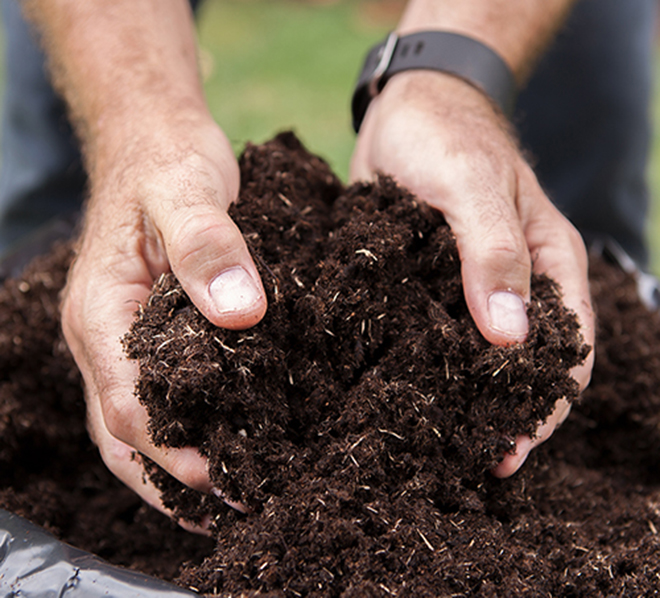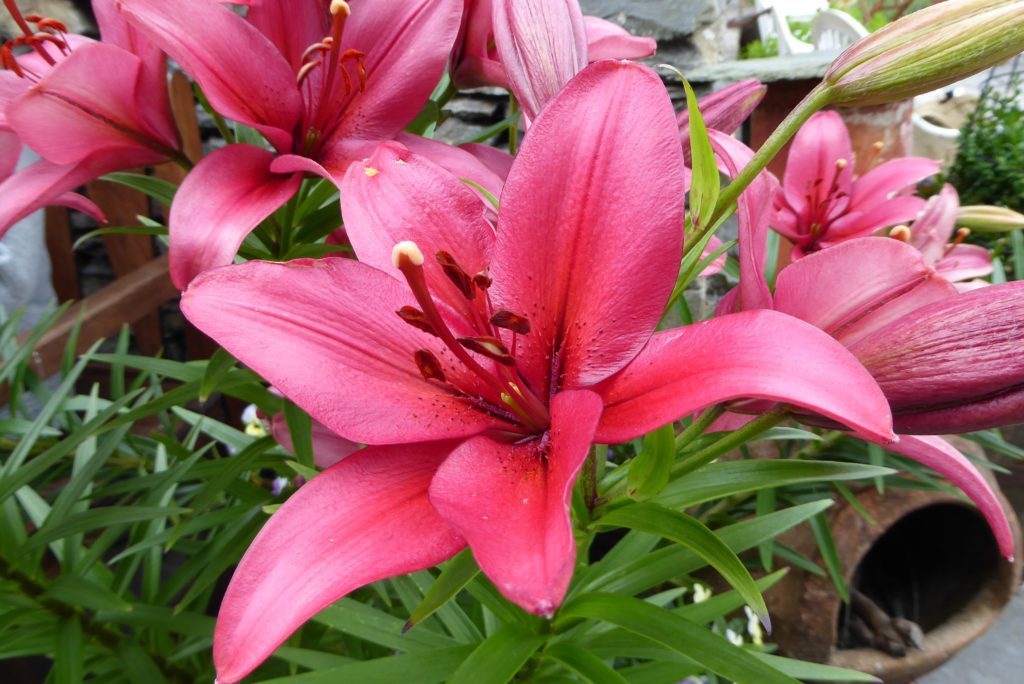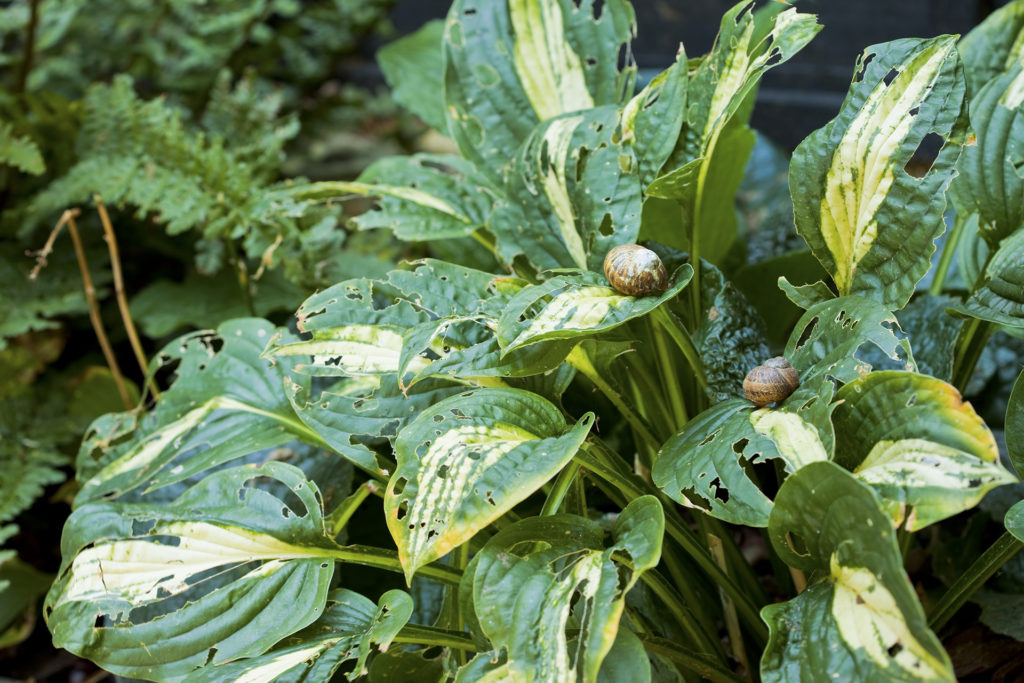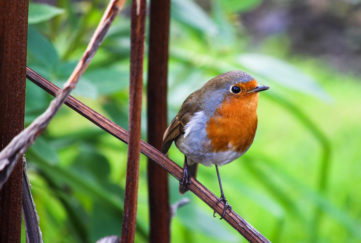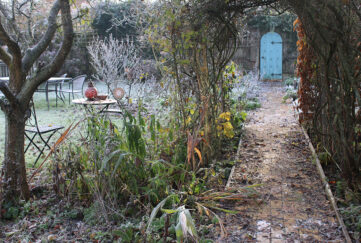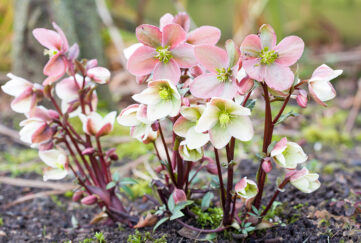Make Your Garden Safe For Your Pets

As summer approaches, many of us will be looking forward to spending more time in the garden.
However, for pet owners keen to test out their green fingers, there are potential hazards to contend with, from poisonous flowers to dangerous creatures.
Fortunately for gardeners and their pets, Dr Jessica May, UK lead vet at the video vet service FirstVet, has shared her advice on how to ensure that your garden is safe for your pet.
Gardening products to avoid
We all like to keep our gardens looking their best, but while some products may be great for plants, they can also be harmful to pets. When picking out supplies, be sure to avoid the following:
Cocoa mulch – Some gardeners like to use cocoa shell mulch in their gardens but, just like chocolate, cocoa shell mulch is toxic to dogs and can be potentially deadly if consumed in large quantities.
Compost – Despite being an eco-friendly garden feature, mycotoxins released by compost can be highly dangerous for animals, if eaten. Mycotoxins are naturally produced by the fungi that break down waste vegetation to create compost. They can cause vomiting, seizures and even death in animals, so make sure to keep your compost securely fenced off so that your pet cannot access it.
Fertilisers and weed killers – The chemicals contained in some weed killers and fertilisers can cause vomiting, diarrhoea and muscle tremors, or even death, if consumed by a pet. Keeping your garden chemical-free is the simplest way to ensure that it is pet friendly. If you do need to use a chemical product in the garden, always read the manufacturer’s guidelines before using it and take the necessary precautions.
Toxic plants
There are some flowers and crops that you should steer clear of when sprucing up your beds, for the sake of your pet’s health.
Lilies – Lilies are extremely dangerous for cats, as they contain toxins that attack the kidneys. In some cases, this can lead to kidney failure within 36-72 hours. Dogs and rabbits are less susceptible to poisoning by lilies but they can still cause severely upset stomachs.
Daffodils – Daffodils are poisonous to both cats and dogs, because they contain high levels of toxic alkaloids and glycosides. This means that they can cause symptoms such as excessive salivation, vomiting and diarrhoea.
Tomatoes – Tomatoes can be dangerous for dogs, cats and rabbits, should they eat any green parts of the plant, or the unripe fruit. Poisoning from tomato plants can cause symptoms such as stomach upsets, muscle weakness and seizures.
This is by no means an exhaustive list of plants that present dangers to your pets, so make sure to double check what plants are safe for your dog, cat or rabbit before setting them loose in the garden or choosing new things to plant.
Hazardous critters
Slugs and snails are a nuisance at the best of times, but they can also carry a dangerous parasite called lungworm. Slugs or snails are a risk to curious dogs if eaten, or if they find their way into food or water bowls.
Lungworm can cause your dog breathing difficulties, seizures and, in severe cases, heart failure. Keeping your grass well maintained can help you to spot any garden guests and remove them quickly. Outdoor food and water bowls should be cleaned daily to avoid contamination.
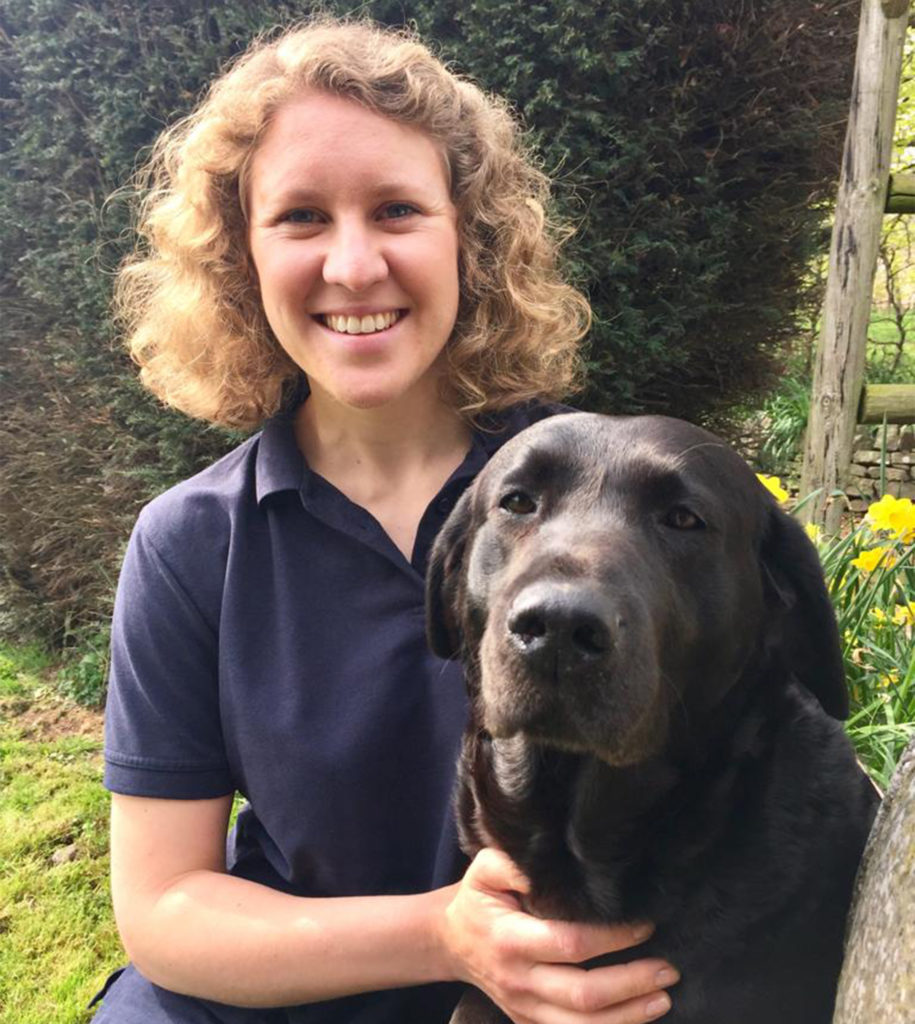
If you have any other concerns about your pet’s health, you can call the video vet service FirstVet at any time of day and speak with a qualified UK vet. They can offer advice and guidance, or recommend a visit to a physical veterinary practice.

